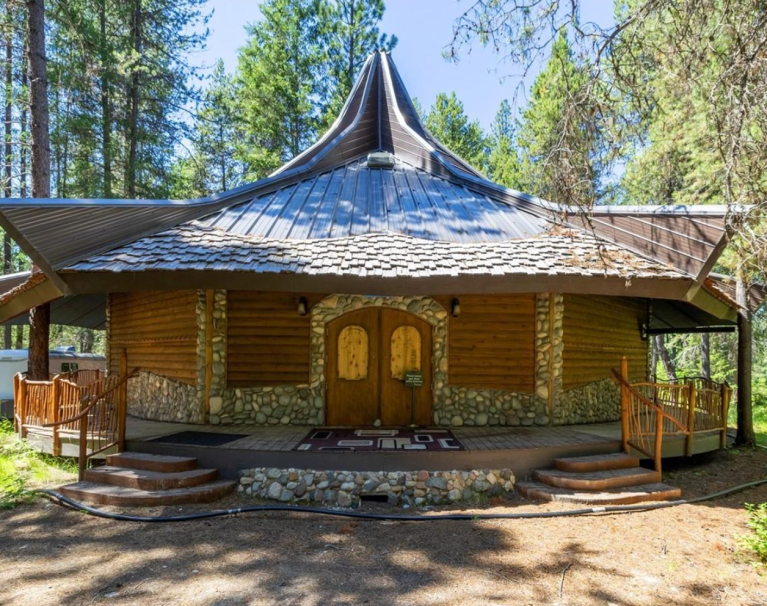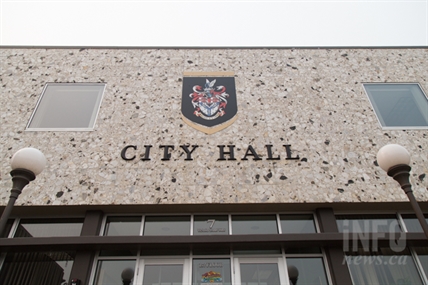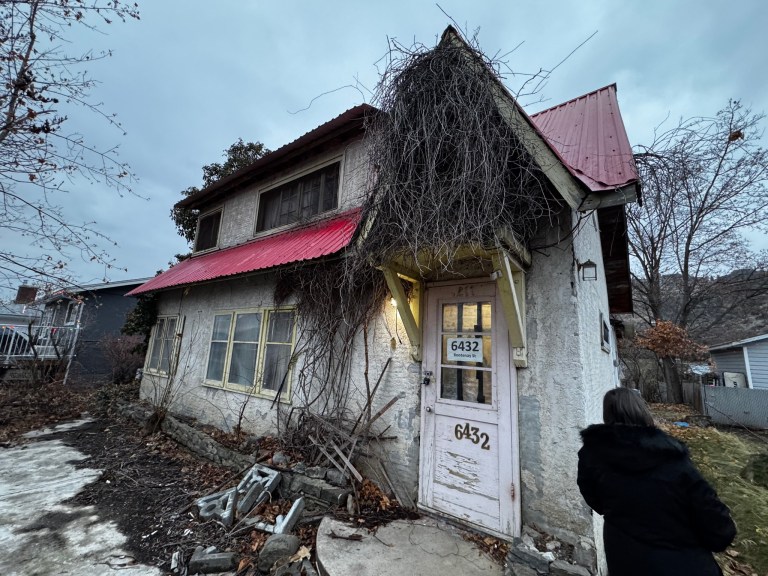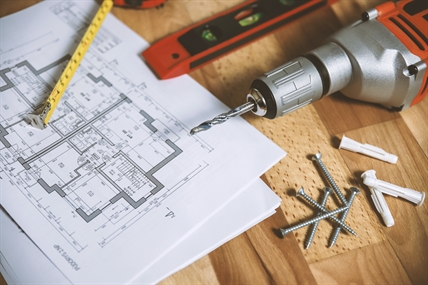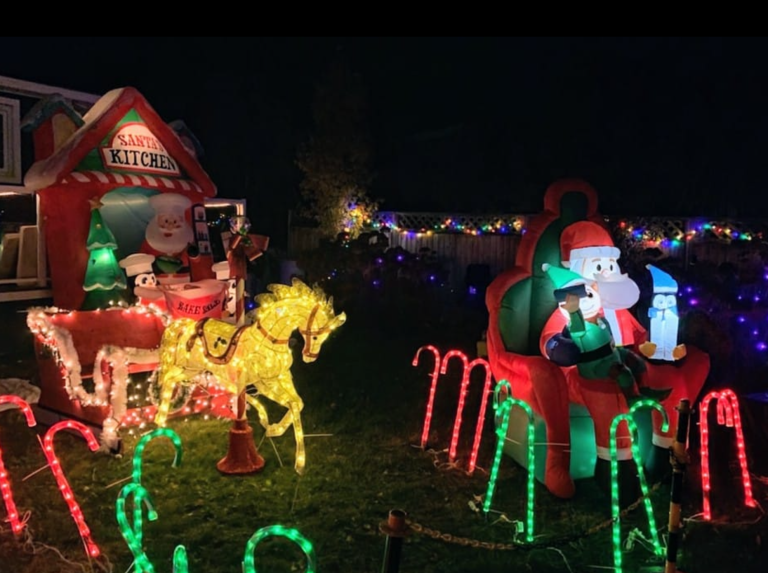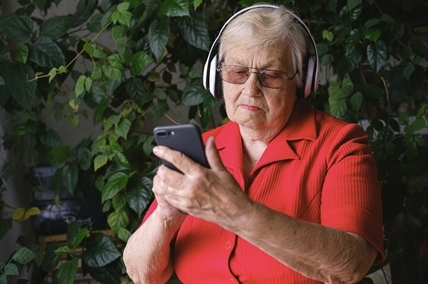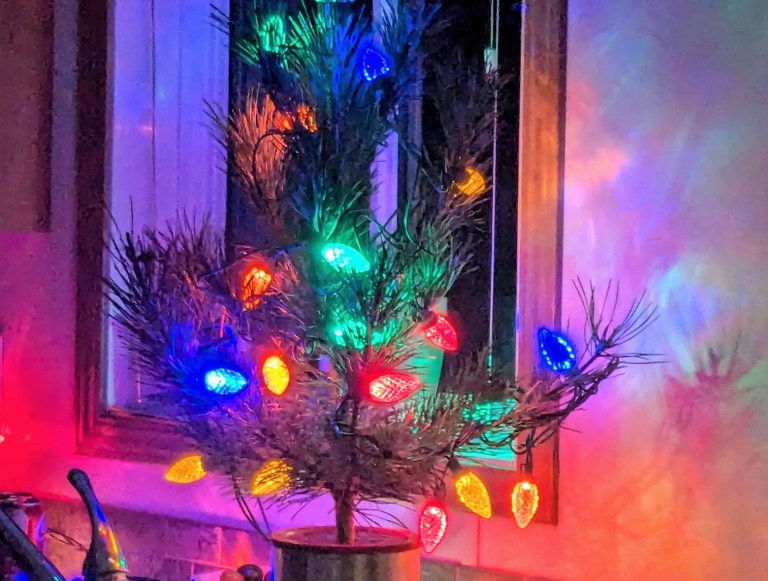

YO MAMA: What happens if you die?
I came downstairs, placed the baby monitor on the counter and put on the kettle.
“So, what do you want to do this evening?” I asked my husband.
We tossed around a few ideas — Netflix, clean the garage, play a board game, do something romantic?
“Oh, I know!” I said. “We need to make our wills.”
I had been thinking about this ever since my son was born. When you become a parent, you instantly have to start making all kinds of difficult decisions you never had to think about before, such as: what values you feel are most important to instil in your child, what parenting style you’ll follow, whether you’ll co-sleep with baby or use a crib — and what will happen if you die.
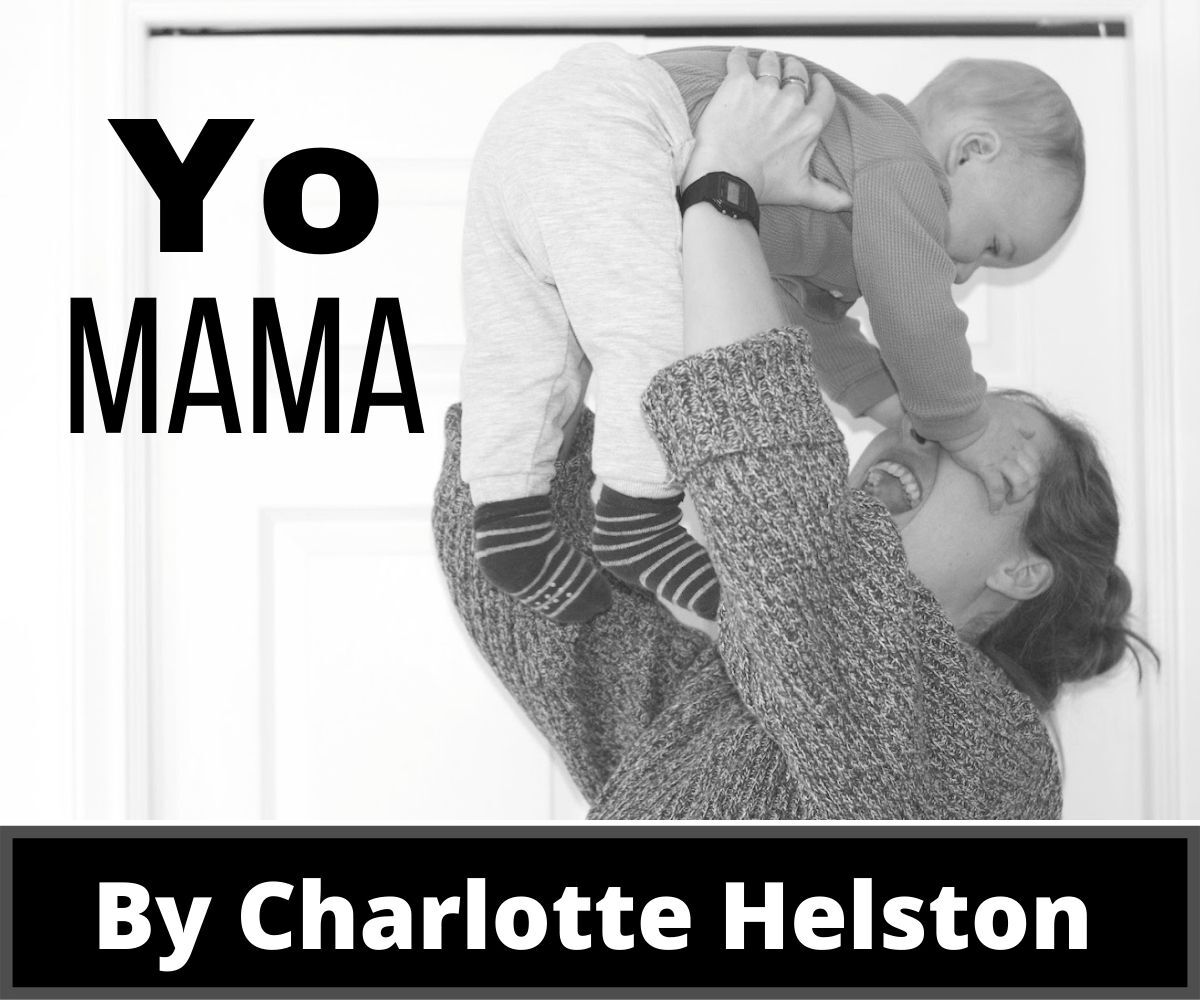
I’d never before had a will or thought about making one. What would’ve happened to all my stuff, I wondered? Apparently, there is a word for dying without a will: intestate. And if you die intestate, B.C. law kicks in and distributes your assets among your spouse and children. If you have neither, your estate gets split between your parents, and if they aren’t around anymore, to your siblings, and if they’re gone too, their children.
It sounded like a lot of hassle to leave for our loved ones, plus dying “intestate” sounded kind of gross, like our organs would be spilling out or something. Most importantly, I didn’t want to leave it up to a court of law to appoint a guardian for my child, which is what happens if you fail to leave instructions.
And so, over a cup of tea, we set out to write our Last Will and Testaments, because that’s what qualifies as date night around here these days.
We used an affordable, online legal website. There were four main sections: funeral arrangements, our estate, choosing a power of attorney and deciding what happened to the kid.
“Ooh you can specify how you want your hair done for the funeral,” I said. “I never get to have my hair done.”
“And how you want to be dressed,” my husband said. “There’s an option called ‘professional robes.’”
It was like going shopping for a party: what kind of casket did I want for the service (something cheap), how did I want my body transported (a stretch limousine, horse drawn carriage and a friend’s car are just some of the options), what kind of urn would I like my ashes placed in (an old Folgers container?) and how much money I would like spent on the reception (“as economical as possible” sounded good).
I didn’t really care if I was buried or cremated (being cryogenically preserved sounded expensive), but I ultimately thought it might provide some closure to my loved ones if they could scatter my ashes somewhere nice, like my favourite fishing lake. Kind of sentimental, but it seemed less dreary than everyone hanging their heads over a hole. In lieu of flowers, which would uselessly wilt and die, donations to the food bank sounded like a good option.
There were arrangements for the body — whether to donate your organs or give your physical remains to the UBC Body Program for medical research purposes (kinda cool). There were all the what-ifs: What if I had a tragic accident and fell into a coma? What if I was afflicted with a disease that affected my mind? Writing out my instructions for these situations was empowering because it meant saving my loved ones from unnecessary hardship down the road.
As for our estate, we knew we wanted to leave everything “in trust” to our kid, but when would he get the money in the event that his dad and I died prematurely? For instance, did we really want our 19-year-old son getting ahold of all our savings? It was hard to know what kind of kid he’d be and what level of maturity he’d possess at 19, or 20, or even 23.
We decided that our chosen guardian would hold the funds in trust until he was 25. By then, he’d be through college or university (if he chose that route) and would, we hoped, be thriving in a rewarding career. His 19-year-old self might be pissed off at us for holding back his inheritance, but if we raised him right, hopefully he’d respect our decision.
When I thought about it, my Last Will and Testament wasn’t about me at all, it was about my son. It was about my desire to protect him from future harm, insulate him from grief, and ensure he is always taken care of. In a way, I realized, it was also a mechanism for me to demonstrate my values, even in death: be frugal, be fiscally responsible, waste nothing, be kind.
“We’d better add “and any other children” after his name just in case we have more kids,” my husband said as we finished up. “That way we won’t have to change it.”
Brilliant, I told him, very efficient. Because as much as I liked the idea of being organized and prepared for my death, I didn’t want to dwell on it. I wanted to print the will off, put it in a drawer, and focus on living.
— Charlotte Helston gave birth to her first child, a rambunctious little boy, in the spring of 2021. Yo Mama is her weekly reflection on the wild, exhilarating, beautiful, messy, awe-inspiring journey of parenthood.
We welcome your comments and opinions on our stories but play nice. We won't censor or delete comments unless they contain off-topic statements or links, unnecessary vulgarity, false facts, spam or obviously fake profiles. If you have any concerns about what you see in comments, email the editor.
News from © iNFOnews.ca, . All rights reserved.
This material may not be published, broadcast, rewritten or redistributed.

Join the Conversation!
Want to share your thoughts, add context, or connect with others in your community?
You must be logged in to post a comment.


